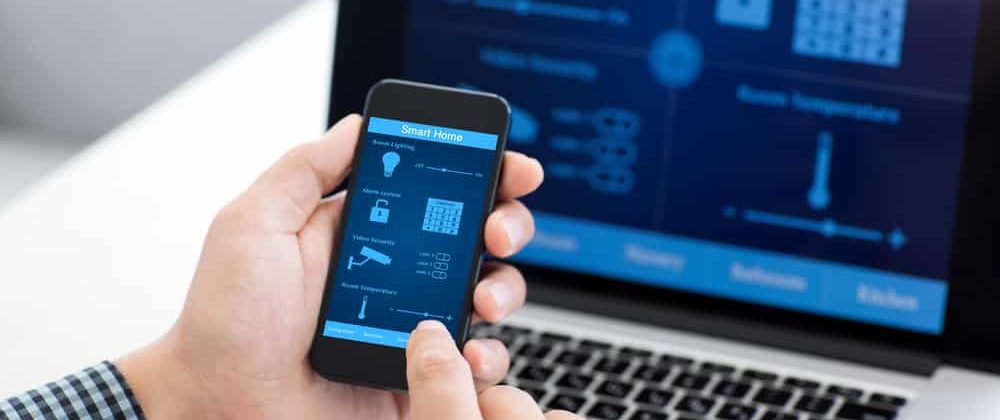
Navigating cyberspace is such a part our daily lives that we rarely consider the potential consequences of utilizing online conveniences. However, even the most experienced and well intentioned user may find themselves making detrimental cyber security mistakes every day. The key to avoiding mistakes is reassessing the most common cyber security myths and find how to truly protect ourselves and our businesses. Here are the 5 most common cyber security myths:
-
It just won’t/can’t happen to me.
Everyone has told themselves this message at some point in time. While ignorance may be bliss, it has proven to be an incredibly unsafe thought that any individual or company is not a potential target of hacking and cyber security risks. In 2015 alone, the Identity Theft Resource Center found that 312 breaches of cyber security occurred targeting businesses, and this shocking number of attacks only makes up 40% of the breaches within the year. Before you change your passwords, the first thing you must do is change your mindset. A breach can happen to anyone, reduce your chances of an attack by arming yourself with the right safety tools and tips. For example, backing up your computer is one of the most important tips you will hear from any IT company.
-
I have a strong password and therefore I am protected.
This myth can be busted on two fronts. First you have to ask yourself, “How strong is my password really?” In 2016, Keeper Security found that one of the most popular passwords was “123456789,” second only to “123456.” The takeaway here: don’t be predictable. An easy step you can take to safeguard your information will always include creating a difficult password that uses a variety of letters, numbers, and symbols, such as “3b5A!A765d!”
-
I can safely browse on any network.
Assuming your password is all the protection you need leads is another common mistake. Network Security is a major issue when it comes to protecting your data. While taking time out of the office to work at a nearby café may sound relaxing, it can have disastrous results if you connect to a public network. To avoid the devastating consequences of having your data copied and stolen, it is best advised to use your own device on a network you know is secure and trustworthy. If you are traveling and must access a public network, make sure you have backed up your important information. Thankfully, there are 5 Cloud Storage Services that can help.
-
“Leaving my computer unlocked while I do ____ will be fine.”
The hard truth of the matter is that having your data copied or your device infected can happen in seconds. Even if you know you’ll be back to your desktop in less than a minute, it is always best practice to lock your device while you’re away. This is incredibly important if you are using a public computer. Always log out of your email, social media, and personal accounts. Classic wisdom will always lend itself to the philosophy of “better safe than sorry.”
-
“I can minimize cyber risk if I unplug and switch to paper.”
While this may be true to a certain extent, switching to paper comes with its own set of risks. One of the biggest issues with paper is that it can be easily copied with little to no evidence of theft. Another undeniable downfall is that not utilizing digital methods of productivity can greatly dent workplace efficiency. At the end of the day, using your computer can be as safe, if not safer, than using paper for your private information. The best way to protect yourself is to ultimately stay up to date with appropriate safety measures and apply them within your own home and workspace.
The fact of the matter is Cyber Security is constantly evolving and will continue to do so. If you are concerned for the safety of your computer and private information, Intellithought can help.

